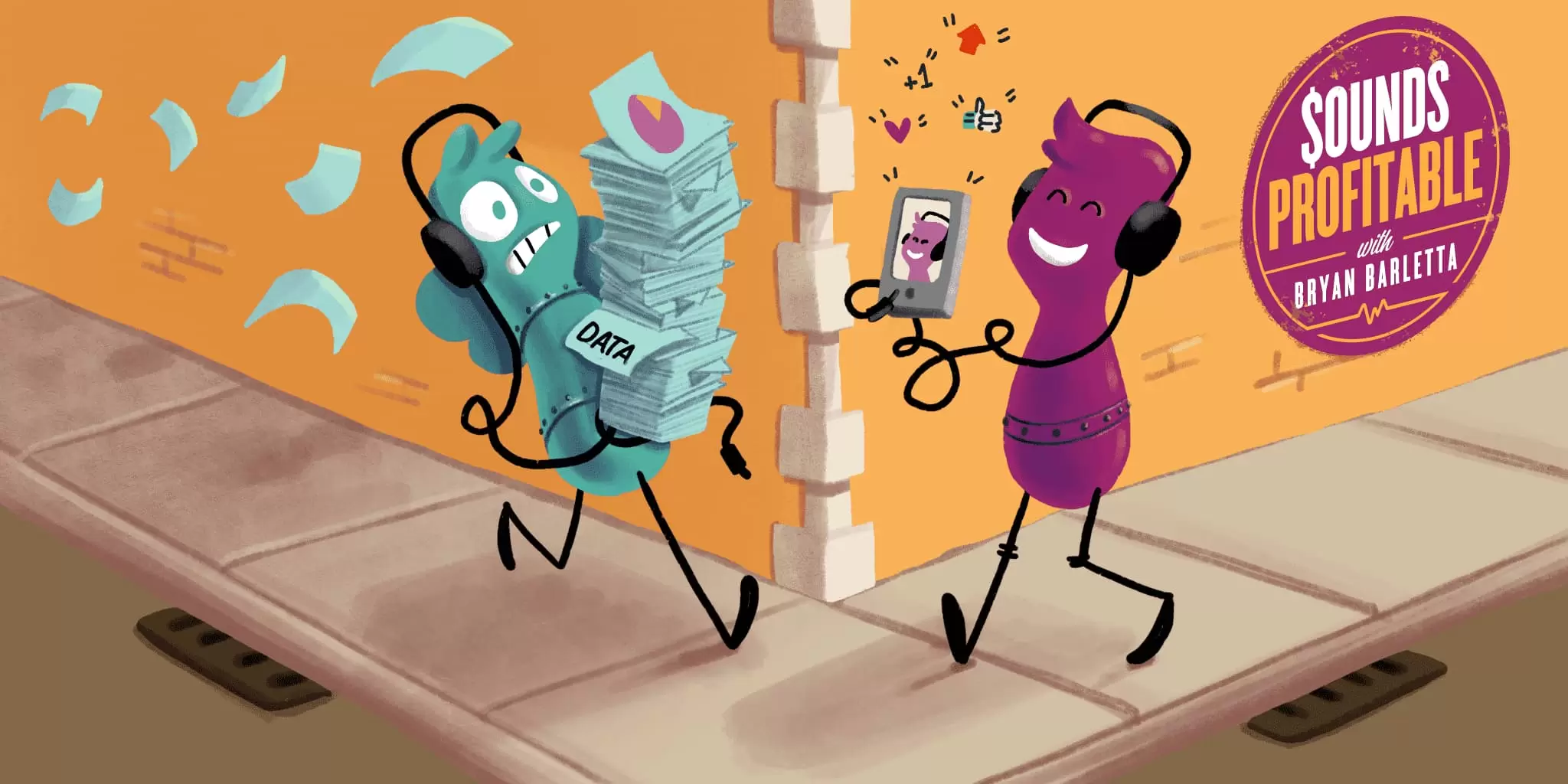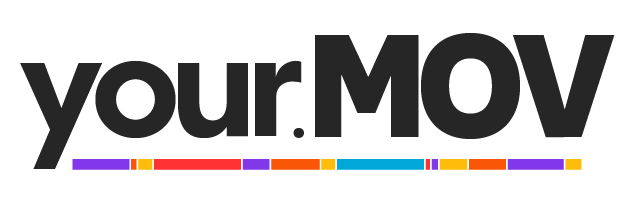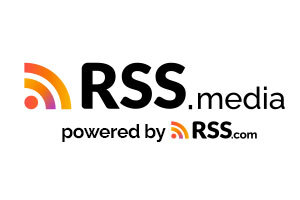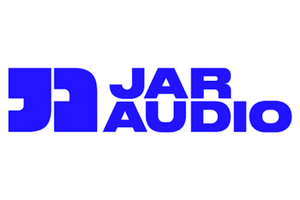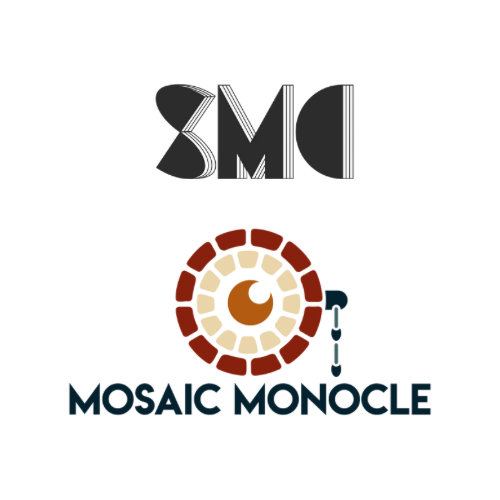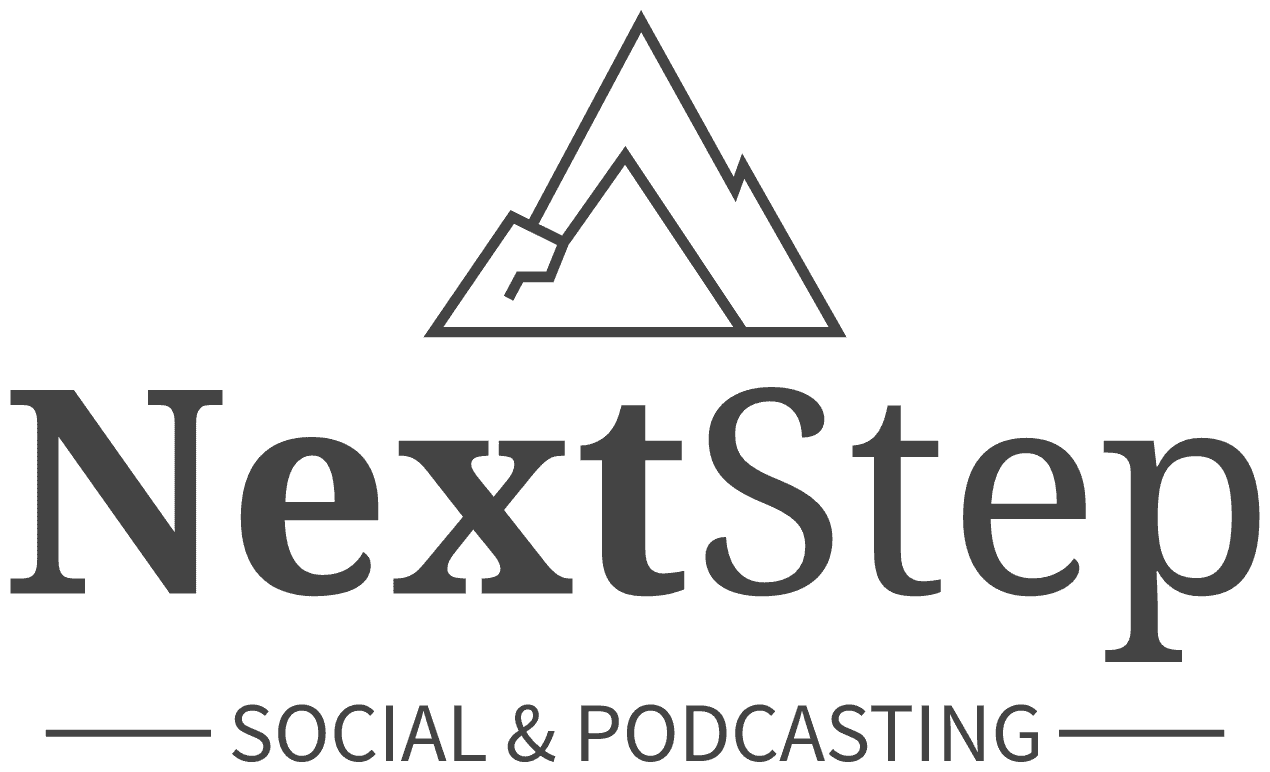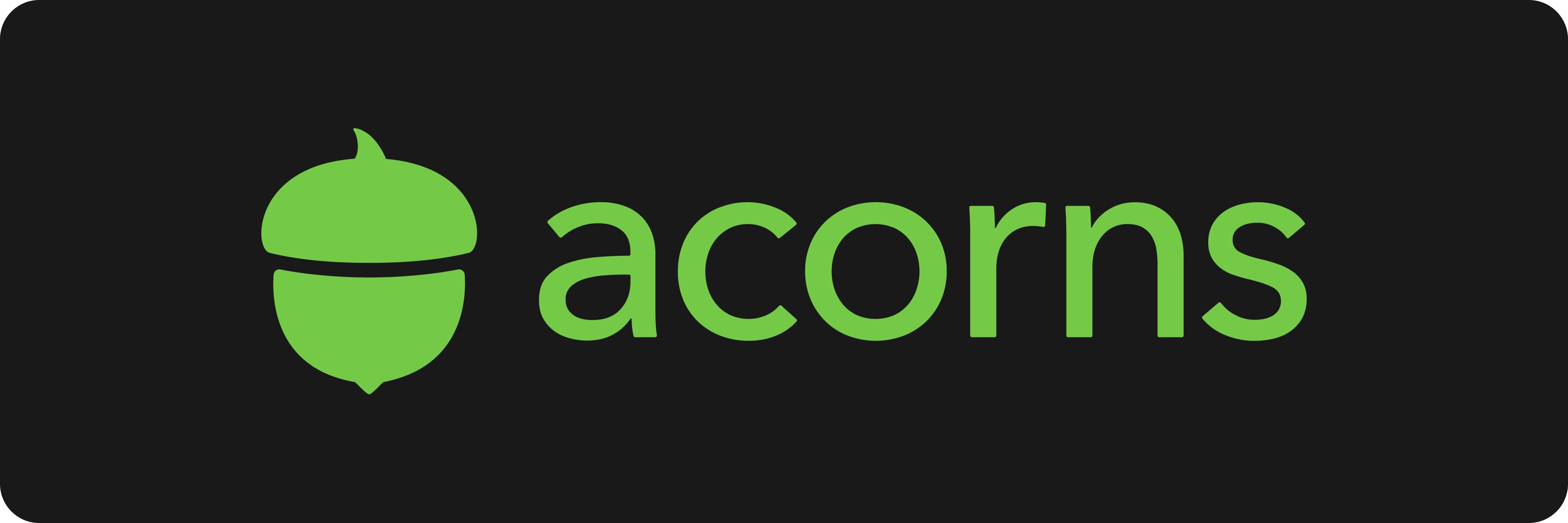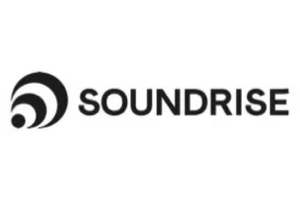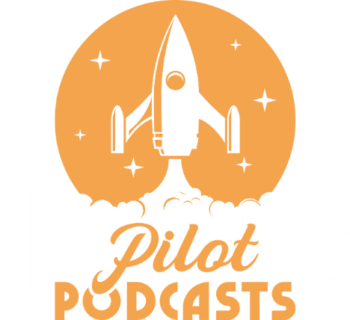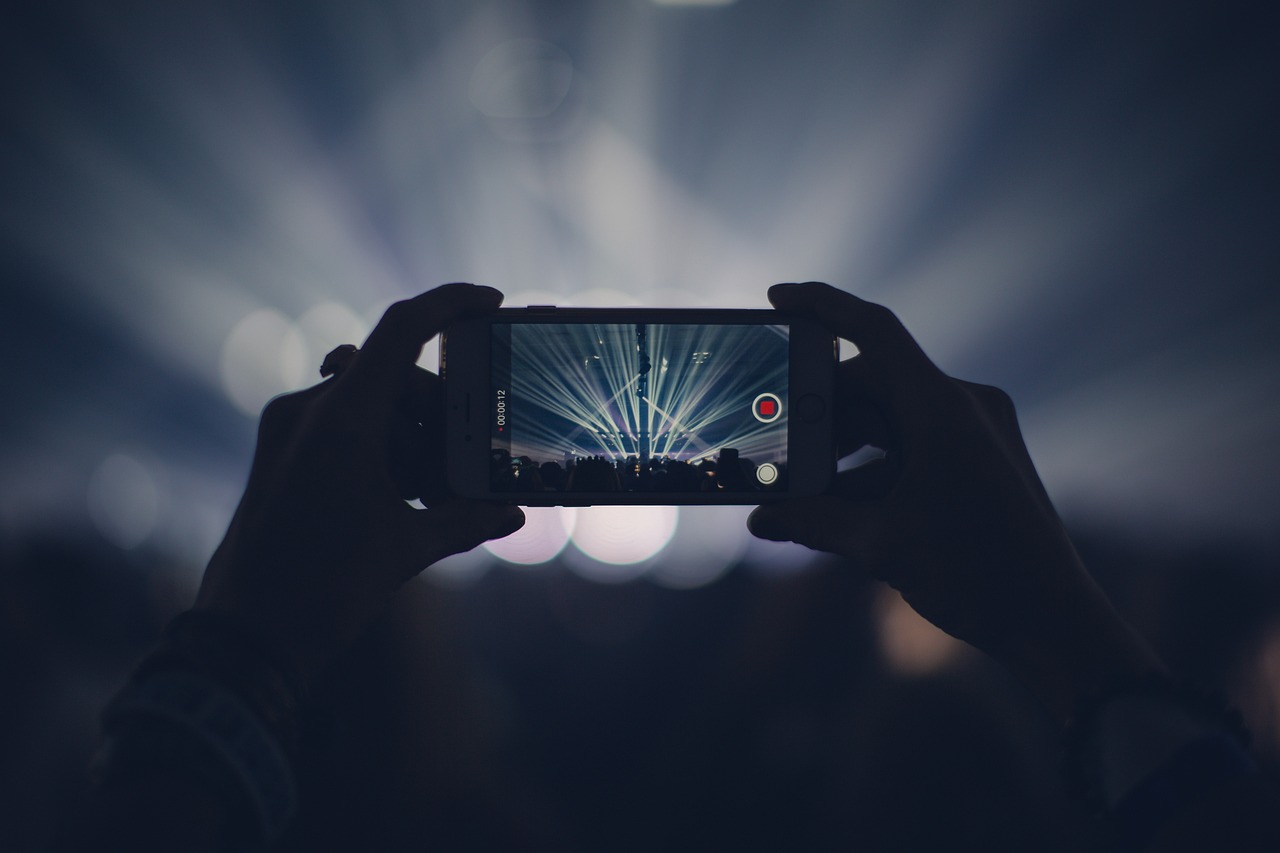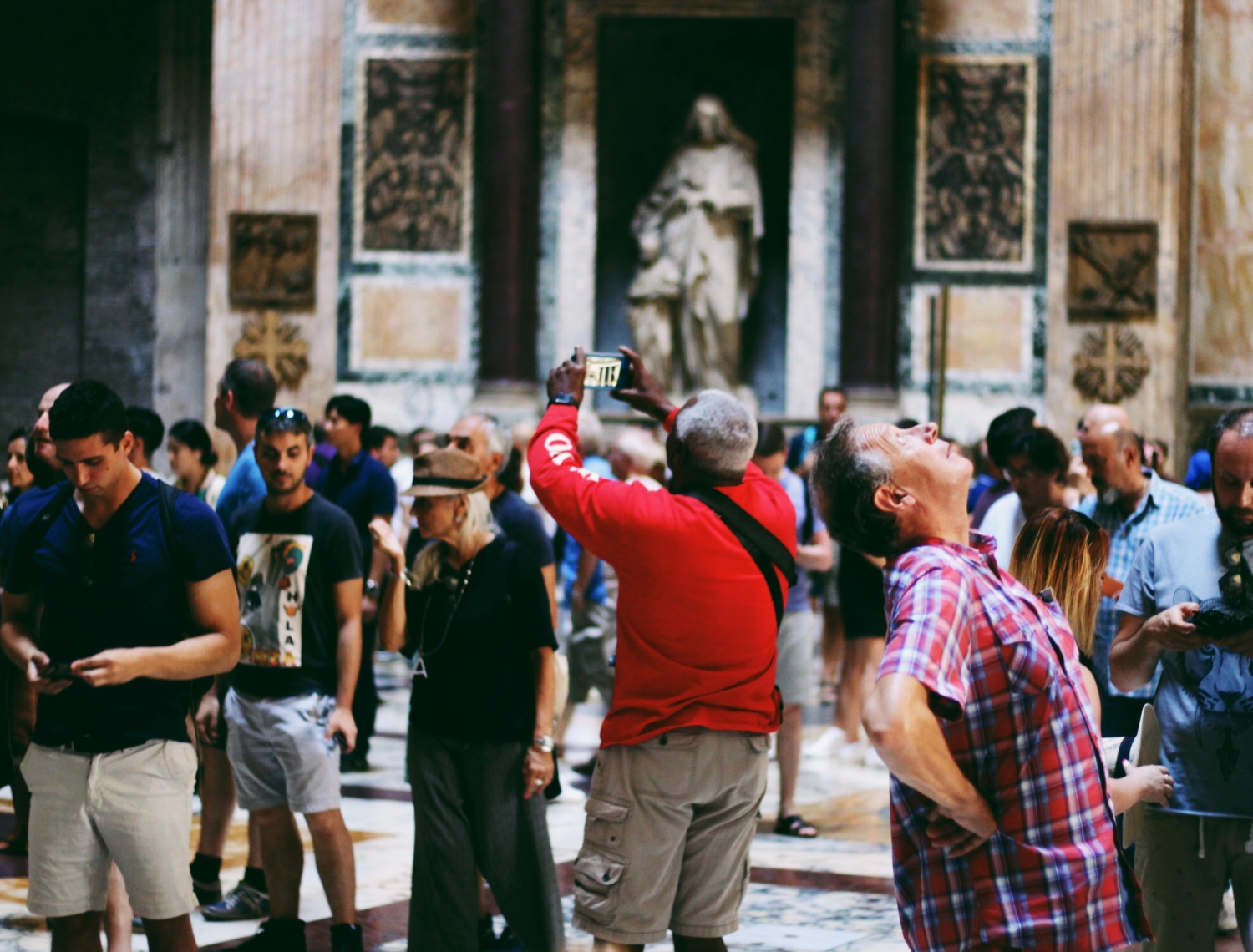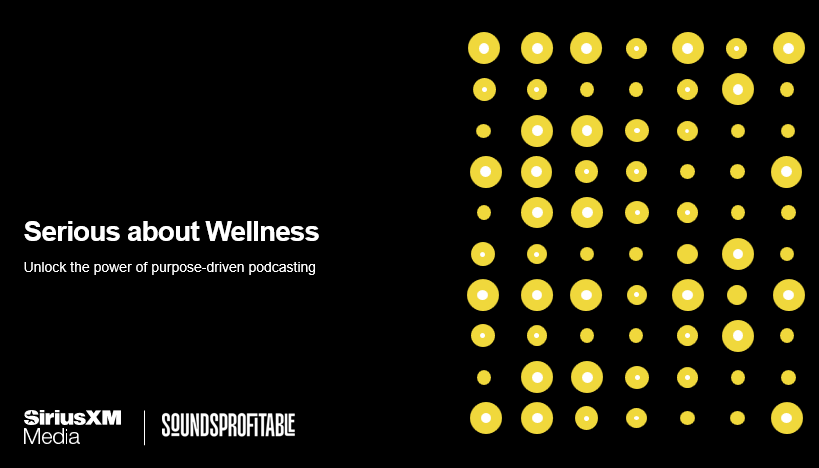Jack Rhysider of Darknet Diaries joins me this week to discuss privacy, tracking and more. You can find it completely free on my Premium Feed, sponsored by Supercast along with a narrated version of today’s article, or search for Sounds Profitable wherever you get your podcasts.
I’ve been a big fan of Shreya’s writing with Inside Podcasting and her desire to apply everything she learns in the podcasting space. Her strong marketing background in other digital channels has made for some great conversations, including one that we both thought would make a great article. So let’s dive into the differences, or lack thereof, between social media influencer marketing and podcasting. – Bryan
Introduction
Writing for Tech Crunch, Krystina Rubino and Grant Durando point out the lack of centralized conversion analytics in podcast advertising. They highlight how growth marketers best utilize podcast ads: “personalized endorsements that drive conversions.”
Reading their article, I was struck by an epiphany: Host-read ads are basically podcasting’s version of influencer marketing. After all, podcasters are, in their own right, influencers.
But depending on who you ask, the two channels can incite fairly different reactions and expectations.
There seems to exist a notion that host-read podcast ads (and podcast ads in general) are not as effective as influencer marketing (which earned about $10 billion last year) because of a perceived lack of transparency related to the analytics behind distribution, consumption, and conversion.
On the surface, this lack of clarity seems to be a fair concern. After all, what marketer wouldn’t demand measurable results from their advertisement channel, or prefer a channel that does provide greater analytic clarity? But influencer marketing suffers from data limitations that are even more limited than we perceive podcasting to be, especially when it comes to client-side data.
Marketers seem stuck on the fact that podcast host-read ads are able to attribute “downloads not listens,” while they continue to spend ad dollars in social media influencer marketing to boost metrics analogous to listens such as impressions and views.
Influencer marketing is seemingly exempt from performance metrics-related criticism, while podcast host-read ads are not.
This dichotomy of perception and preference is really weird, because ultimately podcast advertising and influencer marketing are kind of the exact same thing. This approach is leading to an undervaluation of podcast host-read ads as an effective marketing channel. Marketers demand a standard of performance from podcast host-read ads that they do not demand from the influencer marketing channel, which is roughly 10X larger.
Before We Begin
As refreshers on important podcast adtech terms, please check out some of Bryan’s previous articles if you haven’t already:
- The one where he talks about understanding campaign lift reports–a must-read to get your basics and definitions on podcast ads sorted out;
- The one which exemplifies The Jordan Harbinger Show on how to buy host-read ads at scale;
- The one where he explains what a dynamic ad insertion (DAI) is and how it might be time to take it seriously.
Understanding influencer marketing
There are three parties involved in influencer marketing.
- First are the brands, which have brand-focused objectives like growth, awareness, engagement, etc.
- Second are the individual online influencers, who are quasi-celebrities with clout and large followings that potentially include the target audiences of a given brand.
- Third are marketers like me, who are addicted to personifying brands. We spend hours pondering over questions like “If this brand walked into a bar, what would they say?” or “What kind of clothes does that brand love to wear?”
Marketers help brands achieve their objectives by partnering them with social media influencers who seem to most closely personify the brand in real life. The idea is that the consumers don’t care about the marketers’ brand, but only care about the influencers’ opinion of their brand.
How much an influencer marketing campaign costs usually depends on the number of followers they have. A WebFX guesstimate or rule of thumb seems to be to shave two zeroes off of the number of followers.
Collaborations between brands and influencers can take different shapes and forms. A brand can:
- Send an influencer free samples to review.
- Provide an influencer with products that can be used as giveaways
- Pay for sponsored posts on the influencer’s social media channels
Sound Familiar?
Host-read ads are appealing to marketers and brands for precisely the same reasons that social media influencers are.
Ultimately, they are celebrities in their chosen domains. They are thought leaders who create communities around topics, personalities, and opinions. Communities that care deeply about the hosts’ opinions.
Steve Pratt, VP of branded audio production house Pacific Content, agrees – ”Both podcast hosts and influencers are able to provide major value to brands because of the relationships they have with their audiences. The audiences feel like they know them. They are trusted. And when they make an authentic, genuine recommendation, people trust them enough to convert at very high levels compared to generic spots.”
Social media influencers and podcasters are both ‘watering holes’ where thirsty audiences are drawn to consume content and engage in discussion. Marketers use the exact same criteria to partner brands with podcasts that they use to partner brands with influencers: by choosing hosts who seem to most closely personify the brand and its target audience in real life.
The e-commerce platform BigCommerce regards Audible’s partnership with Tim Ferriss for The Tim Ferriss Show as an example of influencer marketing that even includes podcasting.
There is one key thing you need to know about the $10B influencer marketing channel: it is difficult to draw meaningful conclusions directly from the data generated by social media influencer marketing.
To make the data meaningful, you need to correlate it to multiple other sets of data: Google Analytics data, website traffic data, social media engagement data, backend e-commerce data, etc. And finding meaningful correlations among these data sets is a time-consuming and mentally taxing process that drives up the costs of the insights gained from such data.
Marketers can’t afford to spend this much time on just one thing.
So my quest here is to prove that podcast ads, which do not suffer from this problem, deserve more appreciation for their ability to provide intrinsically meaningful advertisement data.
Tracking Influencer Marketing
Marketers commonly use the following methods to measure hard results like sales, conversions, and subscriptions attributable to an influencer marketing campaign:
- Attribution via unique coupon codes that influencers can include in their social posts. The marketer will then compare on the back end how many sales can be attributed to that specific coupon code.
- Attribution via trackable affiliate links that indicate the source of a purchase. Typically, the performance of affiliate links is measured on a website analytics dashboard such as Google Analytics or WooCommerce. Apps like GoAffPro also track revenue from links given to influencers.
- Attribution via unique landing pages for each individual post by an influencer
All three of these methodologies are also low-tech examples of ways to track a campaign’s success in podcasting.
While larger social media platforms like Twitter do offer campaign lift reports similar in scope to what we see in podcasting, social media advertising is not the same as social media influencer marketing. Platforms specifically dedicated to influencer marketing, such as Upfluence, don’t offer campaign lift reports or even talk about attribution on their website, because they lack the ability to get the data needed to build them.
Remember what I said earlier about marketers (like me!) just not having the time necessary to correlate reams and reams of influencer marketing data to get them to make sense? About that…
An Influencer Marketing Hub survey made the following observations about the state of influencer marketing:
- Only 67% of respondents bother to measure the ROI for influencer marketing;
- Only 9% of the survey respondents say that conversion attribution is the most important criteria when evaluating influencers even though as much as 33.6% of them say that increasing total sales is the main purpose influencer campaigns;
- The percentage of respondents who use influencer platforms for conversion attribution has actually fallen from 33% in 2020 to 24% in 2021.
In fact, in the 2021 blog report by Influencer Marketing Hub, the terms “conversion” and “attribution” only turn up once.
What’s Missing
Let’s start with the fact that it’s difficult to attribute a specific sale to an influencer with 100% confidence. Now, there are ways to deal with this. Amanda Milovich of Serendipit Consulting states “applying as many tracking metrics as possible within the CTAs” is the way to go.
To me, this seems like an unsophisticated solution. As a Marketing Director (and the team) at my day-job, I handle attribution reports from multiple platforms and would love a clear report at the end of the campaign, just stating what the results were. Regularly having to match Google analytics and correlating spikes in website visits to an influencer’s post(s) is a highly inefficient use of my time. Compare this to the gratitude I feel for when campaign lift reports for podcast ads solve this problem. They provide stand-alone data that can be trusted, since it’s offline tracking.
Evo Terra, podcast’s philosopher and editor of this piece, backs me up on this, saying, –“’Influencer marketing’ is pretty nebulous, and any reporting has to be done in aggregate, often with very different metrics. Podcast advertising, assuming dynamically inserted host-read, is quite centralized. Doesn’t matter if the download happened on Google Podcasts or Spotify. ”
Next, let’s talk about the potential difference in reception when audiences are exposed to ads by podcast hosts vs. in influencer posts. It’s possible for both of these to feel intrusive; however, the former’s intrusion can often feel less transgressive than the latter’s. When an ad shows up in a podcast episode that I specifically sought out to consume, I find that I don’t mind listening to a 30-second divergence from the topic at hand. This attentiveness to ads is one of the reasons host-read ads stick.
Ross Adams, CEO of Acast tells me “When looking at one of our markets specifically, Acast UK recently paired with YouGov to run a survey on podcasts. Of more than 2,000 respondents, those who referred to themselves as active podcast listeners, listening at least once per week, shared that podcasts came far ahead of other digital media including YouTube, Facebook, Instagram and TikTok, in relation to trust. 75% of respondents regarded podcasts as Very or Somewhat Trustworthy. A 22% higher score than the next listed media, YouTube.”
Mikel Ellcessor, co-founder Radiolab and Partnership Leader at Supercast, put it best when he said – “Host read podcast ads are effective because they’re leveraging the TIME the listener has invested in the relationship and the physiology of the media. The one:one, host:listener relationship that nurtures the feeling of intimacy and tricks the brain into thinking they really know and can trust the host.”
Compare this to most other forms of influencer marketing, where there is a many:one dynamic, and where posts from multiple influencers can show up in a single feed, and where every fourth post is a sponsored and overproduced extravaganza.
This contrast in the relationship experience of host read ads and influencer marketing is revealed in both data and anecdote. Last year, Edison Research surveyed podcast super listeners,people who listen to at least 5 hours of podcasts per week. When compared to other media, podcasts ranked the lowest on the “there are way too many ads on” scale. Go on Reddit for colorful rants about this knee-jerk repulsion to “sponsored” and “paid posts”.
The Elephant in the Room
Far too many marketers don’t seem to value and invest in podcast host-read ads as much as they value and invest in influencer marketing.
I am yet to find a straightforward answer as to why. However, I think I’ve definitely identified some promising candidate theories that I invite you to explore with me.
The first and most ironic candidate boils down to, well…branding. While influencers have managed to successfully brand themselves as “celebrities” and are treated and approached with the deference that celebrities commonly command, podcast hosts feel more like friends sharing their thoughts and opinions, on-demand. Interestingly, there seems to be a trend amongst influencers to move to “authenticity.” Podcast hosts are already there.
Marshall Williams, CEO of Ad Results Media agrees with me – “If the context of an influencer is someone with an audience they can motivate to take some action, there is no more connected or fertile ground than podcasting.”
My second theory is that marketers are simply uneducated about how attribution in podcasting works. This is probably, at least in part, due to the fact that not enough entities in the podcasting landscape contribute to communicating the technical details of podcast advertising attribution to marketers.
In fact, Bryan’s newsletter is the first of its kind; focusing solely on defining and educating on how to implement podcast adtech concepts to marketers. I mean, host-read ads have been around since 2004 but only last year in 2020 did Bryan and Magellan AI come up with The Podscape–a map of all the players in the podcasting landscape.
Now, I don’t want to say that my off-the-cuff theories exhaustively explain the problem away. This is something that needs a lot more attention than one guest post. However, I’m fairly confident that I’m not totally wrong. To that effect, I have some suggestions about how podcasters can address this issue.
Podcasters should own their value. Heather Osgood, founder of podcast advertising platform True Native Media said it right – ”Host-read podcast ads are valuable because they leverage the influence of the host. Listeners consume podcasts because they know, like, and trust the host and look to the host for guidance, information, and entertainment. The listener is used to taking advice from the host. The natural progression of recommending a product or service that the host loves is the very definition of influencer marketing.”
There is no reason that podcast hosts cannot actively manage expectations before agreeing to participate in an advertising campaign in the same manner that influencers do. There’s no reason they shouldn’t just introduce/brand themselves as influencers when meeting marketers who have approached them about an advertising campaign.
Podcasters need to stop diminishing the advantage they have when it comes to attribution, and must be able to clearly communicate that advantage to their marketer clients. Shift the narrative away from comparing against digital display channels and focus on where it far surpasses social media influencer marketing and other high-spend-low-tech channels like terrestrial radio and television.
For a marketer, it comes down to your brand’s goals. The metrics of success are defined by those goals. If brand awareness and online presence is what you seek, both options are viable. If sales and growth are your goals, I am not saying one is better than the other, I’m just saying that a $10bn industry is having no problem thriving with less data than we have in podcasting.
So stop misunderstanding podcast adtech and start educating yourselves on it (subscribing to Bryan’s newsletter is a great place to start).
Thanks again to Shreya for writing this fantastic piece. If you’re interested in writing a guest article, please reach out — Bryan
Homework – with Yappa
Podcast adtech excites me on its own almost as much as teaching others about it does. This space is absolutely accessible to anyone who wants to learn, and it’s important to me not only to share my knowledge with you but to help you experiment as well.
This week, Shreya and I want to hear from those of you not yet buying in the podcast advertising space but gearing up to dip your toes in. How well versed do you feel you are now? What more information do you need to feel confident in starting a campaign? Click the Yappa image below and let us hear your thoughts!
New Sponsors
Support from our amazing sponsors is truly the only way that Sounds Profitable could exist. They provide me the means to stay completely independent, allowing me to fully write about all aspects of this industry without being bound to any one company. With that said, I’d like to introduce you to our latest sponsor:
- Podscribe – We help advertisers find podcasts to advertise on based on content & audience, and then track the ads.
Also a welcome back to this month’s Title Advertiser, Podsights. They were the first financial supporter of Sounds Profitable and I greatly appreciate them believing in what I was trying to build.
If you’d like to learn more about sponsorship or advertising with us, just hit reply.
Sounds Profitable will never charge our readers to learn from us, but several individuals have asked about supporting us directly. You can find out more about our individual sponsorship at our Patreon.
Market Insights – with ThoughtLeaders
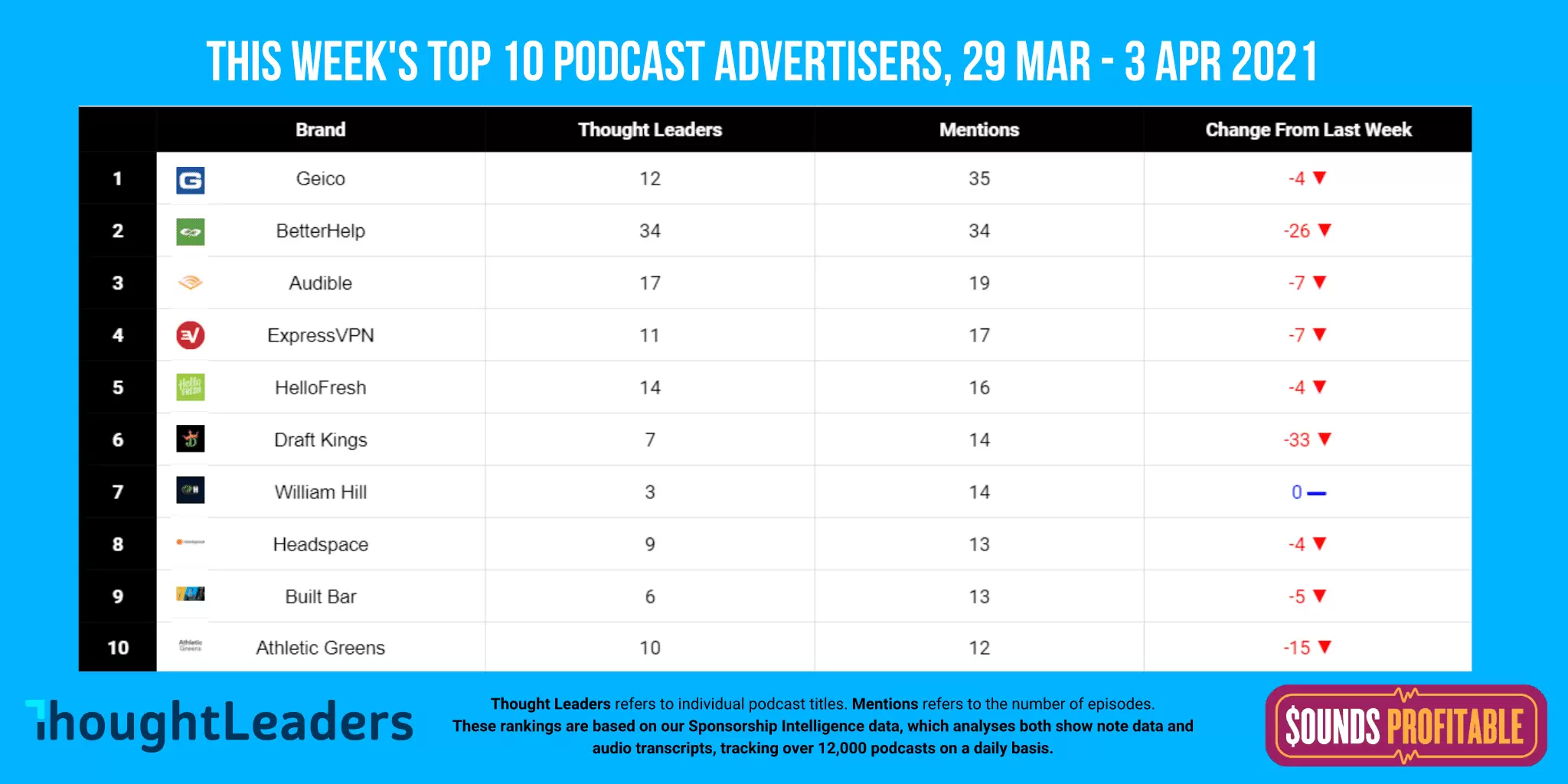
End of quarter statistics are always so interesting to me, especially end of Q1. Geico takes the lead from BetterHelp, but mentions are down across the board. My gut says that we’re going to see a big spike in the start of Q2. Let me know what you think.
Sounds Profitable News
Product Deepdives
On April 15th, I’m excited to share with you a walkthrough of the Omny Studio platform, focused not only on enterprise publishers, but more specifically detailing out how every aspect of the platform can be managed completely through API. So whether your company has a robust CMS or you’re looking to whitelabel a solution, you’re not going to want to miss this.
If you missed our other product deepdives, with Podscribe, Triton Digital, AdsWizz, and Voxnest you can find them on demand on our website. Definitely let us know what you think!
The Podcast!
Our main feed has now been updated to have only the latest four interviews, but the entire backlog AND my son Theo and I narrating the articles are available for free through our sponsorship with Supercast. You can check that out right here.
Things to Think About
I highly recommend all my subscribers also subscribe to Podnews. Last week, I found a few pieces of information that caught my attention.
- Jake and I are actually going to make the ABC’s of Podcasting, even if it was originally part of Podnews’s April Fools edition.
- Acast+ is launching a subscription tool. I’ve reached out for a demo to learn more about it.
- Happy sixth anniversary to Podcasts in Color. Berry is definitely someone to follow in this space.
- The rebrand of Entercom to Audacy might be the fastest switchover I’ve seen so far. Domains, logos, LinkedIn profiles. Kudos to the marketing team that coordinated all of that, it’s no easy feat.
- James actually built a clock in podcast format that really works. The way he implemented it is giving me a ton of ideas to explore.
- Libsyn purchased AdvertiseCast. I think the Libsyn we’ll know in the next 6-12 months will look drastically different than the one we’re use to seeing. Personally, that excites me.

